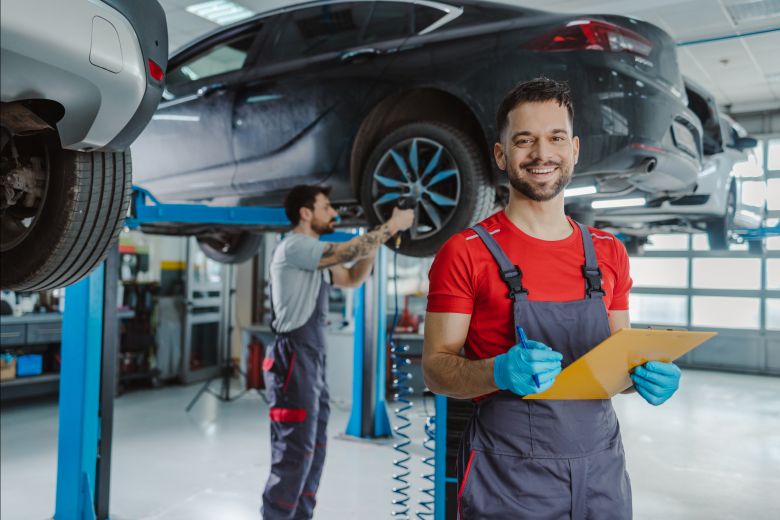The IMI has attributed the figures on the greater average weight of EVs compared to other vehicles.
They also stated that the greater amount of torque produced by electric powered cars could also accelerate the degradation of tyres – particularly from a standing start or heavy braking.
Concerningly for EV drivers, the report also found that the overall MOT failure rate for newer EVs was higher than their petrol vehicle equivalents.
The report analysed data from 2021 data and the IMI said that its research found EVs failed “more on dangerous items” than petrol vehicles.
However, the most damming statistics were for tyres.
Department for Transport (DfT) data from 2015 to 2018 revealed that 46% of EV MOT failures caused by tyres.
Over the same time period, only 32% of MOT failures could be attributed to tyres for petrol cars.
Steve Nash, CEO of the IMI, said: “Most electrics are electric versions of petrol and diesel, so they are relatively heavy, and it doesn’t really matter what you do with different tyre mixes, they are simply going to wear tyres more.”
A worrying exert from the report showed that, according to the IMI data, newer EVs were even more likely to fail an MOT than petrol vehicles.
According to 2021 data, electric vehicles registered in 2018 had a failure rate of 11.39%, compared to 10.74% for petrol cars.
The data is very similar for 2016 and 2017.
Despite the report’s findings, the overall failure rate for vehicles since 2000 tells a different story.
For all EVs since the turn of the century, 20% of them failed their MOTs. For petrol cars in the same time period, the average failure rate is 29%.
The reason for the recent increase in EV MOT failures could be put down to shortages of skilled technicians qualified to fix electric vehicles, according to the report.
Out of the 150 local authorities in the UK that contributed data to the report, less than 2% of all trained mechanics could fix electric vehicles.
With petrol and diesel cars being phased out and EVs rising in popularity, these MOT statistics could become increasingly problematic for drivers.
The IMI estimates that there could be a shortfall of 16,000 qualified mechanics by 2032. This could then impact the uptake in the number of EVs on UK roads.
Nash commented: “If people don’t think they can get their car fixed, that’s as much of a reason not to buy one as not having a network of charging points.
“There’s always that risk that somebody will decide to have a go at it, and think ‘how difficult can it be anyway?’, and that’s when you open yourself up to injury, or worse.”
What do you make of the report? Will this impact your decision on making the switch to an electric vehicle? If you are currently and EV owner, what have been your experiences of taking your car for its annual MOT? Leave your comments below.

Cheaper than AA or we’ll beat by 20%^
• Roadside cover from £5.49 a month*
• We get to most breakdowns in 60 mins or less
• Our patrols fix 4/5 breakdowns on the spot











